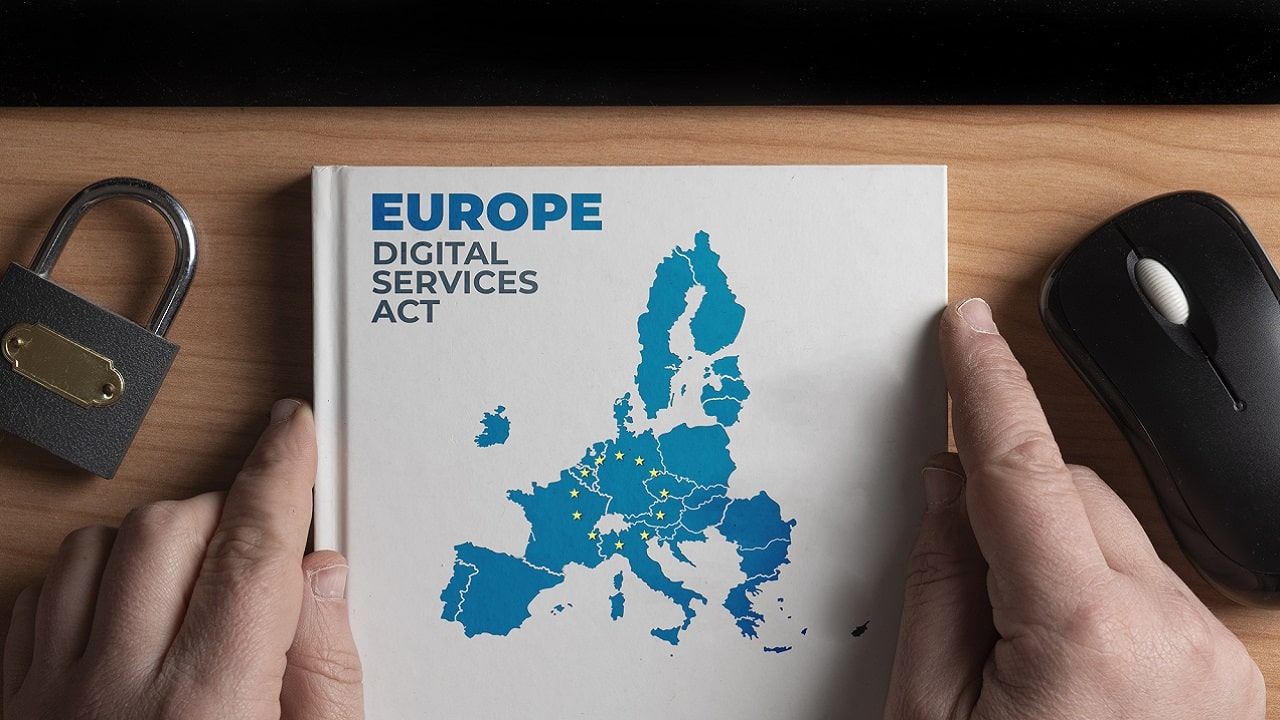Starting today, potential breaches of the EU’s newly introduced digital regulation will result in penalties.
This law initially targets 19 major online platforms, imposing fines of up to 6% of the company’s turnover.
Thierry Breton, the European Commissioner for the Internal Market, announced in a discussion with France Info that the full scope of the law, including its penalties, has come into force.
This legislation, known as the Digital Services Act (DSA), mandates major platforms with over 45 million monthly users, such as TikTok, X (previously Twitter), Google, Facebook, Snapchat, and YouTube, to adhere.
From 17th February 2024, smaller internet sites will also be under its domain.

A prominent feature of the DSA is the “reporting button” on platforms. Users can use this to highlight potential legal violations, such as hate speech or content endorsing terrorism.
Platforms are mandated to have content moderation teams. For instance, Meta (parent of Facebook, WhatsApp, and Instagram) has reportedly added over 1,000 members for this purpose.
Breton acknowledged this figure as “noteworthy”, emphasizing that their effectiveness will be seen in upcoming actions.
A notable change brought by the DSA is in addressing content disputes.
Companies will face legal scrutiny in the jurisdiction of the reporting individual, not necessarily where the company is based.
While the DSA aims for enhanced user freedom, preventing platforms from banning users unilaterally (like the case with Donald Trump on Twitter in January 2021), they must now engage in a comprehensive review process.
However, critics argue that the law might increase censorship, as platforms, fearing hefty fines, might over-moderate, limiting freedom of speech.
They also question the feasibility of smaller platforms to comply by 2024, given the significant resources required for content moderation and legal handling.
They believe the DSA may unintentionally favor tech giants who can afford compliance, sidelining smaller players.

